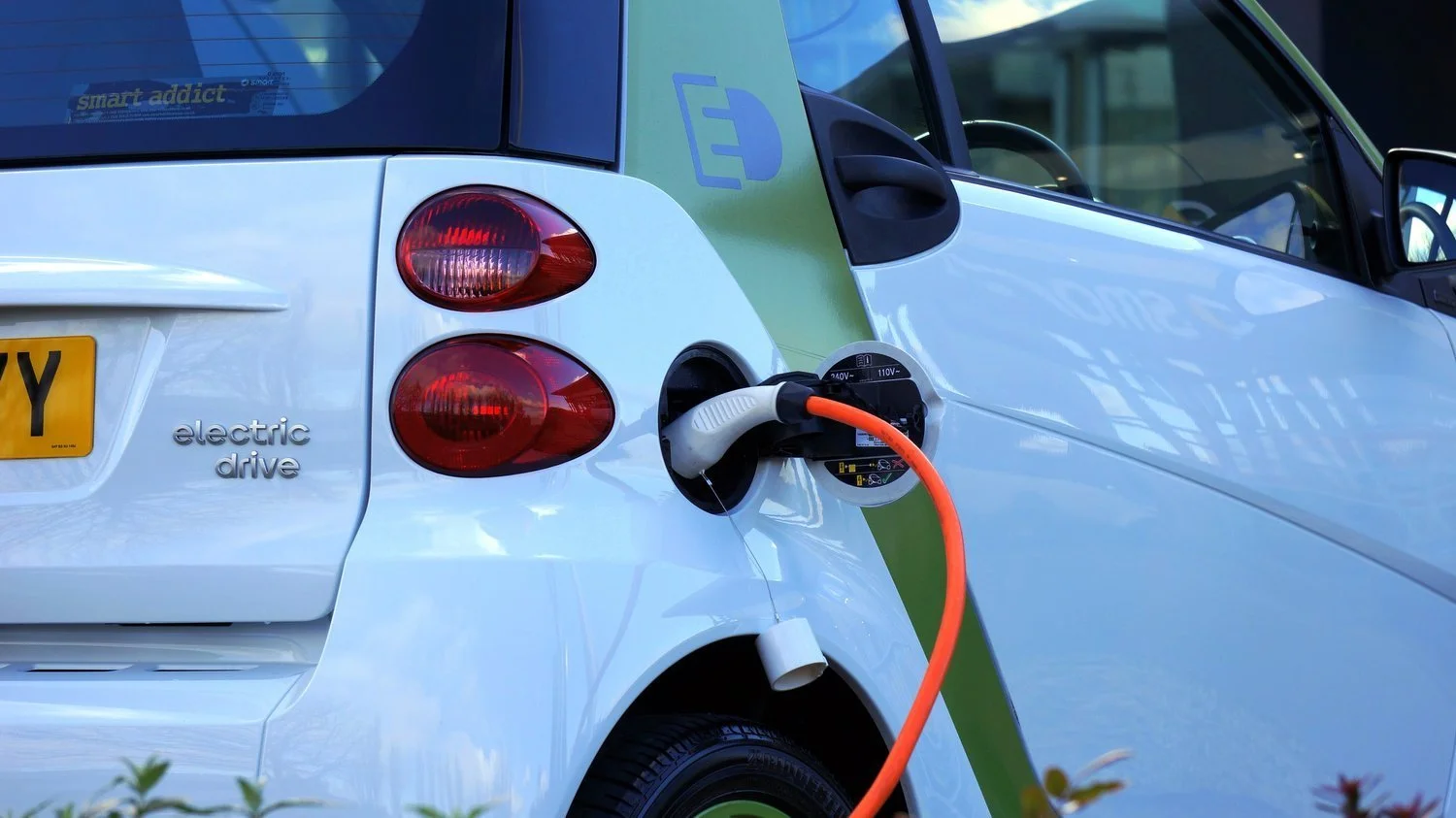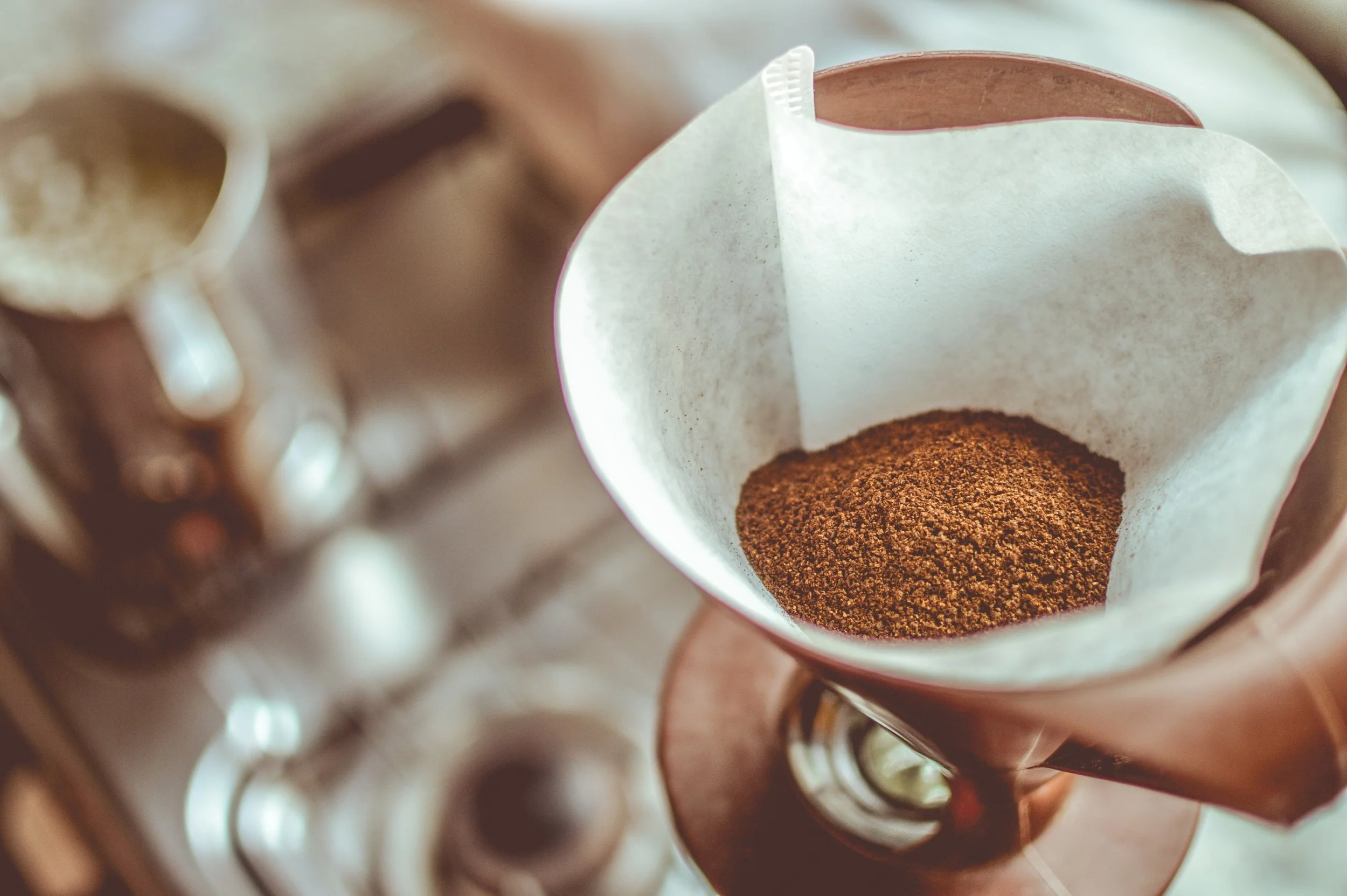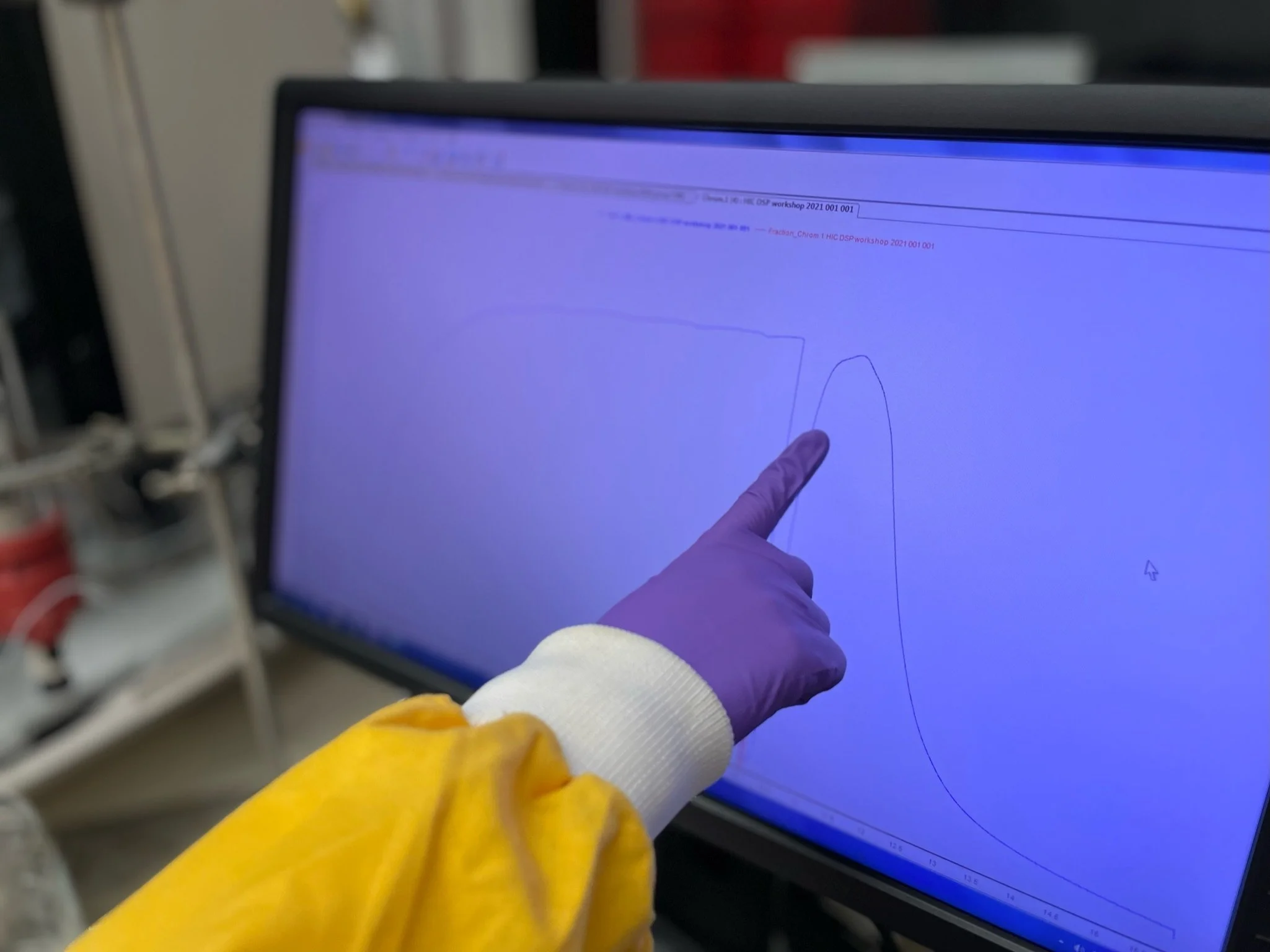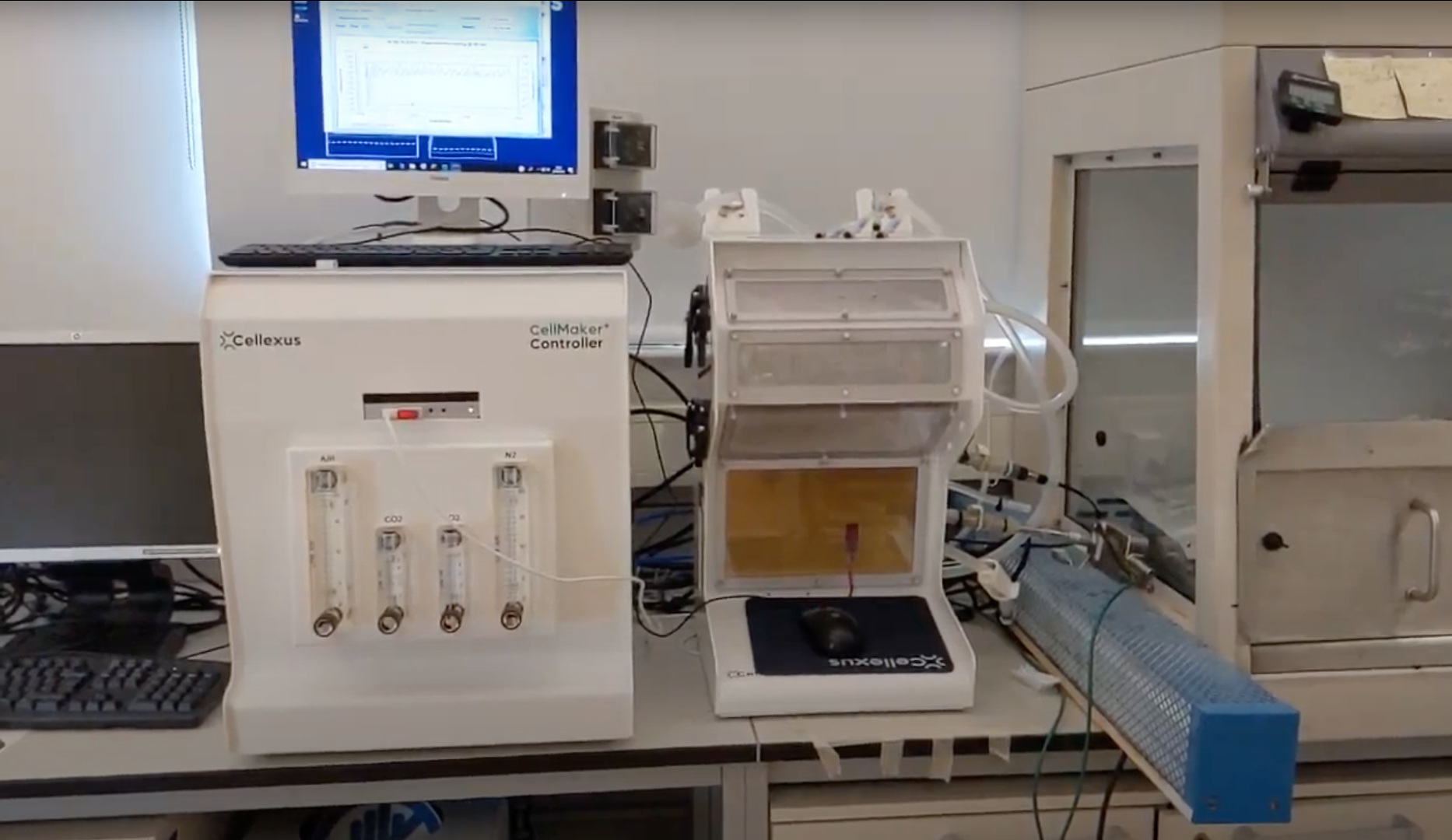Characterisation and extraction of valuable components from marine growth
There’s limited knowledge about the potential value of marine growth on decommissioned offshore assets. CessCon Decom wanted to characterise the nutritional composition of the marine growth and assess the feasibility of extracting valuable components.
Microbially mediated biological treatment of primary effluent from H2OPE fertiliser production
This project investigated the feasibility of miniaturising and optimising the biological treatment of the wastewater effluents from SEM biofertilizer process.
Separation of Organic Platform Chemicals from Spent Lees
Successful project to assess the feasibility of extracting platform chemicals from spent lees delivers a valuable new feedstock, a bespoke analytical tool, additional product streams and evidence to substantiate the company’s green credentials.
Using biology to recycle critical metals contained in spent LI-ion batteries (LIBs) from electric vehicles
Successful collaboration between FlexBio and the Edinburgh Genome Foundry demonstrates potential impact for future projects.
Conversion of sewage sludge into biochar: Wastewater treatment potential and re-use on land
The success of this project provides opportunities for Scottish Water and Scottish Water Horizons to circularise a process for disposing of Human sewage sludge and cleaning wastewater of phosphorus. The project will contribute to Scottish Water’s commitment to Net Zero by 2040.
Innovative biotech project moves closer to spinning out its novel biosensing technology
This exciting project has enabled Nanosensr to secure a commercial champion and further funding, and also map the regulatory landscape for novel biosensor technology.
Optimising bacteria production and storage for field-scale application of a new biomineralization technology in ground engineering
Innovation funding enabled the academic team on this project to optimise their bacteria growing process and gave BAM Ritchies an insight into new opportunities, with the project collaborators set to continue to work together beyond the project.
Coffee waste as a source for bioenergy productions
This Feasibliity project by Artisan Roast, University of St Andrews, and Energy Recovery Systems Ltd demonstrated that coffee grounds are a profitable replacement for wood as a source for bioenergy.
Partnering for the commercial scale-up and development of novel cultivated meat products
IBioIC awarded Innovation Funding to Roslin Tech and University of Edinburgh to work on this successful project, which resulted in significant cost reductions for the company and provided multiple opportunities for the university to present their research.
IBioIC funded RSE Enterprise Fellowship enabled entrepreneur to develop the commercial aspects of new business
Dr Stuart Hannah was able to undertake training through the RSE EF which helped him take the business from spinout proposition to fully-fledged incorporated company supported by early stage funding from private VCs
Determination of crustacean allergens in purified chitosan through interlaboratory assessment
IBiolC Feasibility funding enabled CuanTec to access the analytical capabilities of the University of the Highlands and Islands to accurately determine the presence of allergens in CuanTec’s purified chitosan.
Development of an assay for measuring levels and composition of Omega-3 in a variety of sources
Fatty acids are traditionally obtained by extracting oils from plant, fish, or animal tissues, however, the composition in these sources generally depends on the season and location. There is a requirement to find alternative sources to meet the growing demand across the food, pharmaceuticals and cosmetic industries.
Evaluation of Fish Waste as a Novel Feedstock for the Bio-production of Adipic Acid in Escherichia Coli
Turning low value fish waste into high value molecules using biotechnology.
Using a Single Use Airlift Bioreactor to produce recombinant monoclonal antibodies (mABs) in mammalian cells.
This Feasibility project sought to obtain data on whether and how the CellMaker aids the growth of mammalian cells for use in the production of medicines, therapeutics and research reagents.
New plant powered by whisky waste
Feasibility study helped to support the finance and sign off a £2.2 million capital project, resulting in a new AD plant being in place, commissioned and operational by June 2022.
A Feasibility Study on an Anaerobic Digester (AD) Plant Installation in Orkney
Strathendrick Biogas Ltd have established the feasibility of an Anaerobic Digestor plant on Orkney to process local waste and deliver heat, power and gas to residents.
















